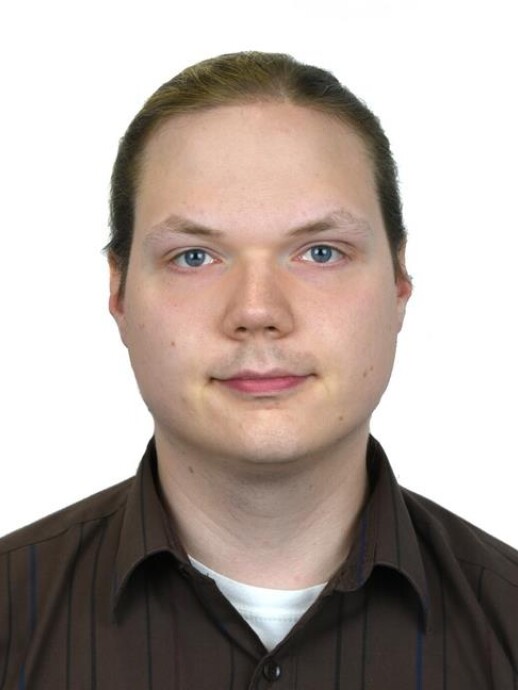
Contact
Areas of expertise
Research
I am writing my doctoral thesis on Skolt Saami verbal derivation. The thesis will be a monography covering the deverbal verb derivations in Skolt Saami.
Skolt Saami is an endangered minority language with a few hundred speakers traditionally spoken in the western parts of the Kola peninsula. As a result of a resettlement after the Second World War, most Skolt Saami speakers now live in Finland, the language community being most active in the village of Čeʹvetjäuʹrr / Sevettijärvi in North-Eastern Lapland.
Skolt Saami is relatively well described, compared to its size. However, even many basics in its grammar remain understudied or completely undescribed. Word derivation is a prominent feature of Skolt Saami grammar; however, the best descriptions of it are currently short, list-like sketches, such as in Timothy Feist's A Grammar of Skolt Saami (Suomalais-Ugrilainen Seura, Helsinki 2015, pp. 117–133).
The goal of my thesis is to partially fill this gap, being the first in-depth study of a part of the derivation system of Skolt Saami. The thesis will cover the deverbal verb derivations with respect to their formation and usage, with extensive examples retrieved from text and audio materials dating from the early 20th century to this day. Comparison with other Saami languages will also be made, especially the geographically closest ones, Norht, Inari, Kildin, and Ter Saami.
The most common verb derivation types include, for example, the subitive (poorrâd 'eat' > poorrled 'eat fast'), the continuative (väʹʒʒed 'walk' > vaaʒʒčed 'stroll, walk around'), and the reflexive (põõssâd 'wash' > põõzzõõttâd ('wash oneself'). In addition to these, there are many more derivation types, ranging from widely used and productive to marginal.